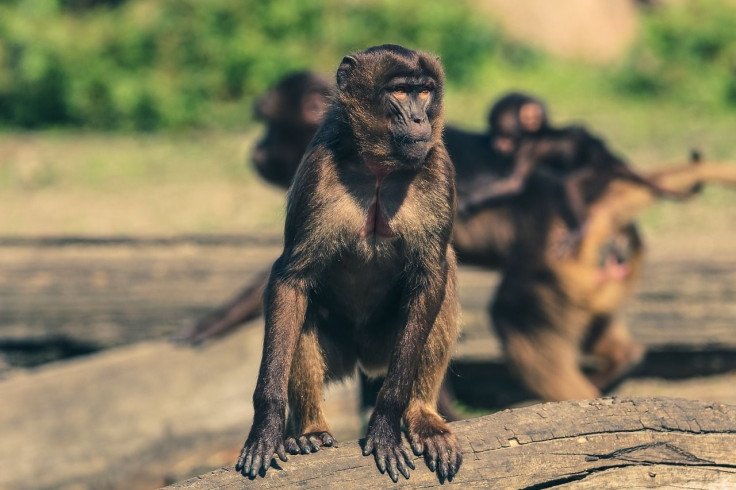Coronavirus in Animals: These Species Are Most Susceptible To Get COVID-19

KEY POINTS
- Scientists studied 48 species to reveal which were the most susceptible to contracting coronavirus
- All primates were vulnerable except for baboons
- Pigs were the only species exempted in the cloven-hoof species
Coronaviruses are a group of viruses that infect both mammals and birds. Some of these viruses might cause flu or fever-like illnesses in people, while others may infect certain types of animals such as cattle, camels, and bats.
New research revealed not all animals are affected the same by the coronaviruses, with some species being more susceptible than others. South China Morning Post reported Indian scientists studied the angiotensin-converting enzyme 2 — the cell receptor that serves as entry point for the novel coronavirus (SARS-CoV-2) — in 48 animals using a computer model to predict the infectivity of each one.
The study comprised a wide array of animal species including mammals, reptiles, and birds. The authors claimed the findings from the study could be used as a reference on identifying which animal could likely be a carrier of the virus in future disease outbreaks.
The model suggested except for baboons, all primates were 100% susceptible to contracting coronavirus. The study also revealed rats were less likely to be infected by the coronavirus than pet hamsters.
Golden eagles were susceptible, while white-tailed eagles and chickens were marked in low probability. The study also found turkeys were more vulnerable than ducks.
In the research done by the National Institute of Animal Biotechnology, the Indian Council of Agricultural Research (ICAR), and the ICAR-Indian Veterinary Research Institute, it was found the horseshoe species in bats appeared to be more prone to the virus. The pale-nosed species, however, were not.
Pigs were the only species among the cloven-hoofed animals not vulnerable to coronavirus. The cloven-hoofed animals, such as cattle, deer, antelopes, gazelles, goats, and sheep, had a 99% probability of viral access. Camels were also found to be highly susceptible.
Mice were found to be less vulnerable than hamsters, while rabbits have medium plausibility of viral entry.
The researchers infer the study's findings could be essential in helping other scientists focus on particular species' capacity to carry or spread coronavirus, per Science Times.
The Centers for Disease Control and Prevention also recorded a small number of pets worldwide, including dogs and cats, reported to be infected by COVID-19 after being exposed to infected humans. Researches are being conducted about the new coronavirus, but it appears the virus can spread from people to animals and between animals (particularly cats) in some situations. Cats and dogs, however, cannot transmit the virus to people.
Office International des Epizooties (OIE), the World Organisation for Animal Health, said preliminary studies suggested cats were the most susceptible species to the virus, and could transmit the infection to other felines. Ferrets were the next more vulnerable, while dogs also appeared to be prone to the novel coronavirus as well.
© Copyright IBTimes 2025. All rights reserved.





















